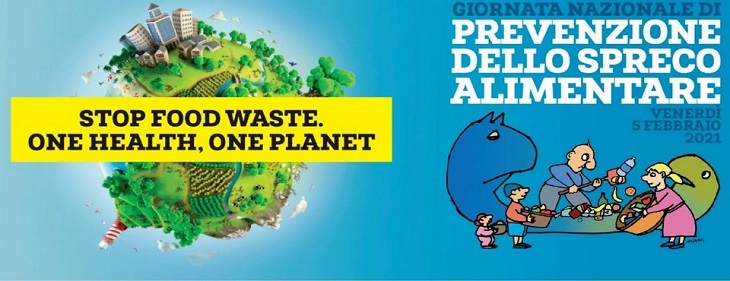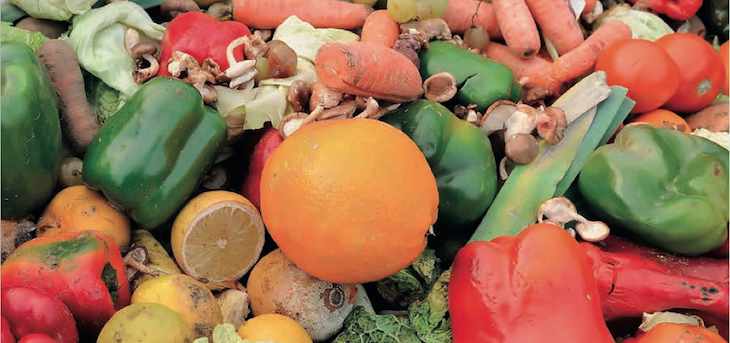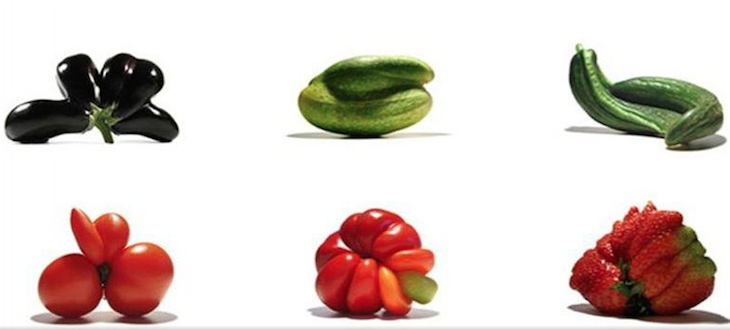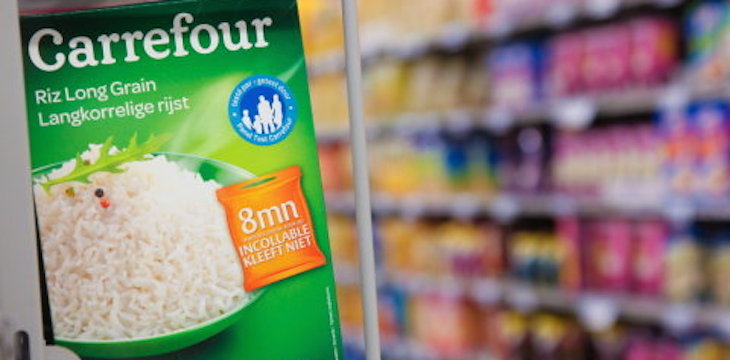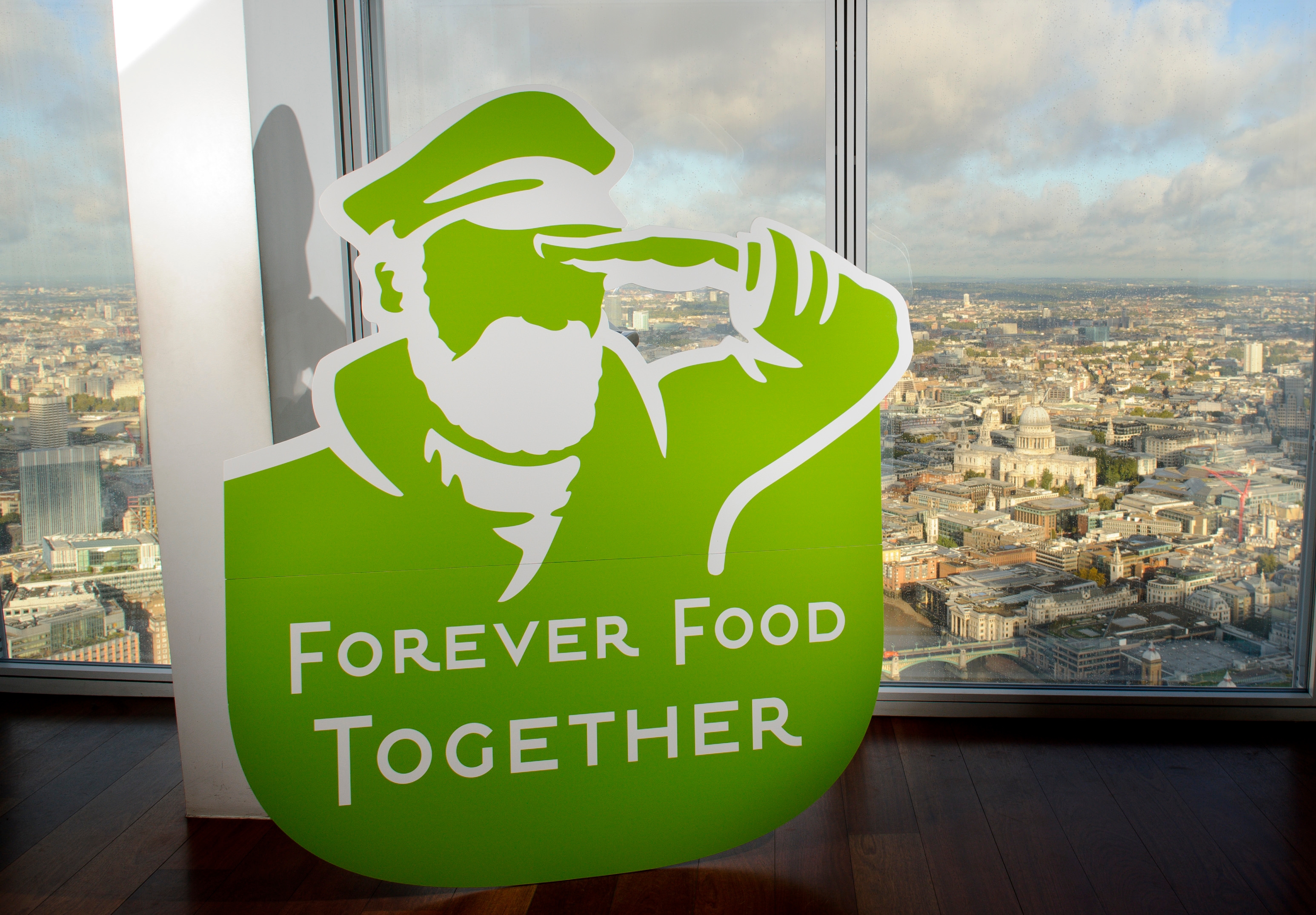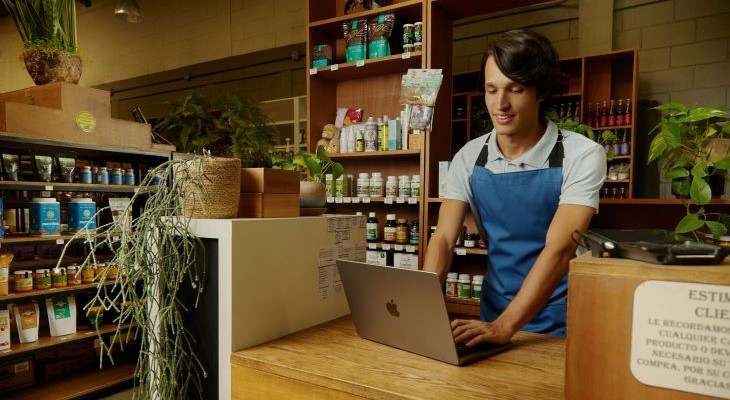Camst group conferma anche per questo anno il supporto a Last Minute Market per la Campagna Spreco Zero 2021.
Camst group parteciperà all’evento ufficiale della 8^ Giornata Nazionale di Prevenzione dello spreco alimentare, “Stop Food Waste. One health, one planet”, in programma domani in diretta su piattaforma digitale, dalle 11.30 sul canale YouTube di Spreco Zero. Ideata dal fondatore Last Minute Market Andrea Segrè, la Giornata antispreco è promossa anche quest’anno dalla campagna Spreco Zero con il patrocinio dei Ministeri dell’Ambiente e degli Affari Esteri.
“La rete di collaborazioni virtuose, costruite su principi, valori e obiettivi condivisi che mettono al centro le persone e il pianeta, sono fondamentali per il raggiungimento gli obiettivi di sviluppo sostenibile – commenta Francesco Malaguti, presidente di Camst – Da azienda di ristorazione che produce 120 milioni di pasti all’anno, sentiamo una forte responsabilità nella lotta contro lo spreco alimentare: per questo siamo in prima linea, anche al fianco di Last Minute Market, per fare la nostra parte in questo cambiamento epocale”.
Sono numerose le attività e le collaborazioni messe in campo dall’azienda in questi anni per ridurre gli sprechi e recuperare le eccedenze alimentari. Tra queste c’è la partnership con Too Good To Go, l’app contro gli sprechi alimentari che permette a bar, ristoranti, forni, pasticcerie, supermercati ed hotel di vendere a un terzo del prezzo confezioni a sorpresa di cibo rimasto invenduto a fine giornata, le Magic Box. A oltre un anno dall’avvio della collaborazione, i bar e ristoranti self-service Camst coinvolti (Torrebò e C’Entro a Bologna) hanno venduto oltre 1.400 magicbox evitando le emissioni di di 3 tonnellate e mezzo di CO2.
Camst ha un occhio di riguardo anche per la ristorazione scolastica: il 16,7% del pasto cucinato per ciascun alunno rimane ogni giorno nel piatto, diventando spreco. Garantire modelli sostenibili di consumo è per Camst un obiettivo importante da realizzare insieme alle nuove generazioni attraverso percorsi formativi in ambito scolastico.
Nelle scuole Camst ha proposto in questi anni la “Io non spreco!” Bag: un astuccio colorato con cui i piccoli fruitori della mensa possano recuperare alcune tipologie di cibo, come il pane e la frutta. Dal 2018 a oggi sono state realizzate e poi distribuite oltre 41 mila bag in vari Comuni italiani nei quali l’azienda è presente come gestore della ristorazione scolastica, in aggiunta alle 16.740 custodie salva cibo “RIBÓ Bag”distribuite nel solo Comune di Bologna. È un’iniziativa che ha anche un forte valore educativo nei confronti delle nuove generazioni, che così vengono sensibilizzate sugli sprechi alimentari nella loro quotidianità.
Inoltre, grazie alla collaborazione con associazioni territoriali come Caritas, Banco Alimentare e altre Onlus nel 2019 Camst è riuscita a recuperare 34 tonnellate di cibo, fra pane, primi e secondi piatti, contorni, porzioni di frutta e di dolce. A questi si aggiungono oltre 16 tonnellate di cibo, tra prodotti freschi, secchi e surgelati, raccolti direttamente dal nostro centro distributivo con sede a Bologna e distribuiti su tutto il territorio provinciale attraverso la collaborazione con enti no profit.
Tutti questi alimenti da potenziale spreco sono potuti diventare un dono per le persone meno fortunate raggiunte dalle varie associazioni onlus che operano su tutto il territorio nazionale da nord a sud del Paese.

